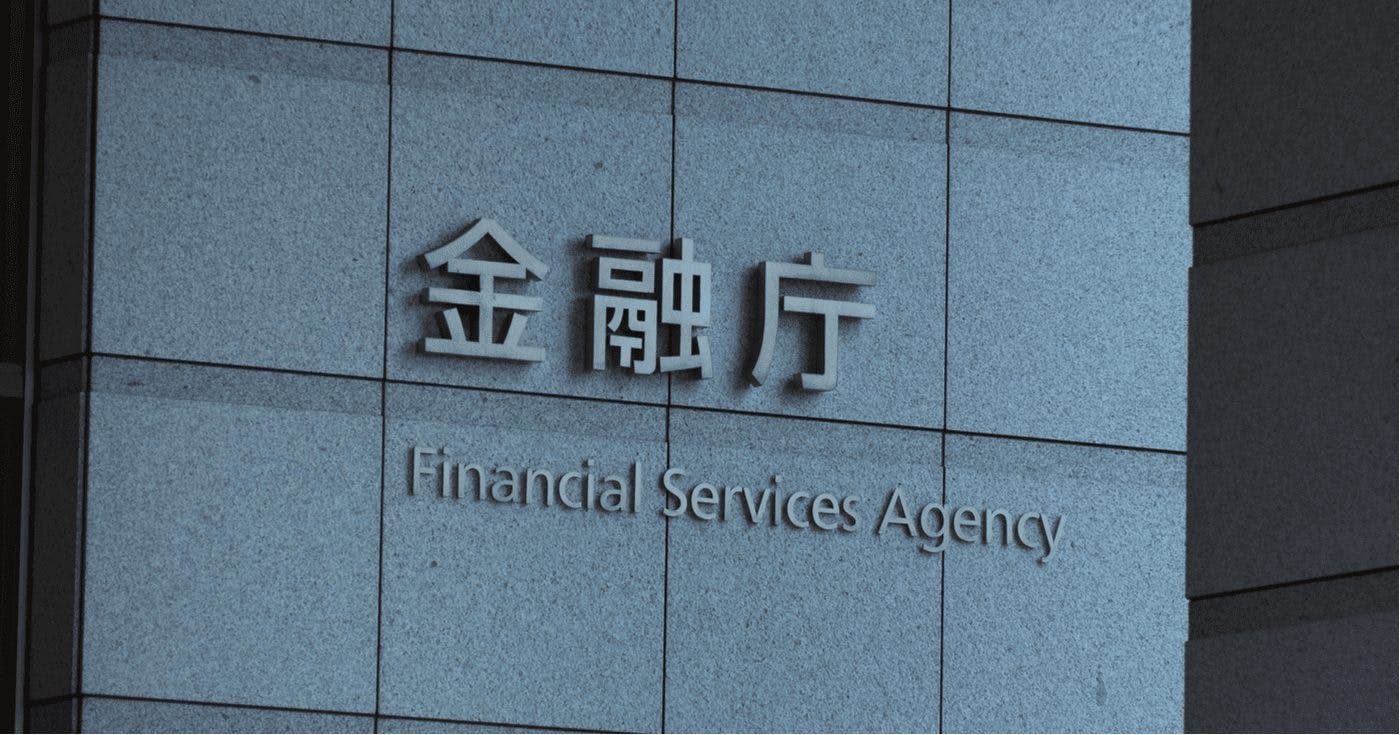Japan’s Proposed Stablecoin Rules ‘In Line with International Developments’
In a note, cryptocurrency liquidity provider B2C2, which has significant operations in Japan, said this move was expected but the long term implications aren’t clear.

Japan Financial Services Agency; Source: Shutterstock
- Japan’s Financial Services Agency move to restrict stablecoin issuance to financial institutions, similar to what US regulators have proposed, was an expected move according to stakeholders
- In a note, B2C2’s Director of Strategy Joerg Schmidt said that the long-term implications aren’t quite clear, but they aren’t going to be significant given the relatively small market for Yen-denominated stablecoins
The latest move in Japan to restrict stablecoin issuance to financial institutions, which will be implemented soon, according to reports, won’t have a large immediate impact on the local digital assets market, but it’s still unclear according to a note from crypto liquidity provider B2C2.
B2C2’s Tokyo-based Joerg Schmidt, its Director of Strategy, wrote in a note sent to Blockworks that the move was in line with international developments. Schmidt explained that the Japanese regulator has initially allowed stablecoin issuers to use various ways to structure stablecoins: cryptoassets (JPY-Zen), prepaid payment instruments (JPY-C), and money orders.
“It seems that the FSA is now of the opinion that money orders are the most suitable way to structure stablecoins. Issuers of such stablecoins would need to register as a money transmitter or be licensed as a bank,” Schmidt wrote, also saying that the implications on the market were unclear.
“As banking regulations were not drafted with stablecoins in mind, they do not fit properly and come with their own problems. It is therefore well possible that the regulations will be updated at some point in the not-so-distant future,” he continued.
But the question is, does any of this really matter? On BitFlyer and CoinCheck, two large exchanges in Japan, Yen-denominated stablecoins aren’t actively traded in notable volume. In fact, stablecoins aren’t really actively traded at all in Japan.
It’s likely that, similar to Korea, stablecoins just aren’t really popular in Japan because fiat transfers are so cheap and traders were already wary about the regulatory environment surrounding them.
“There are very few JPY-backed stablecoins so that the immediate impact will be relatively small. In the long term, innovation will potentially be much slower and more costly,” Schmidt wrote in the note.
Recently, politicians in Japan said that the Bank of Japan should “speed up” the development of a CBDC because it’s a matter of “economic security” to the nation.
Get the day’s top crypto news and insights delivered to your inbox every evening. Subscribe to Blockworks’ free newsletter now.






